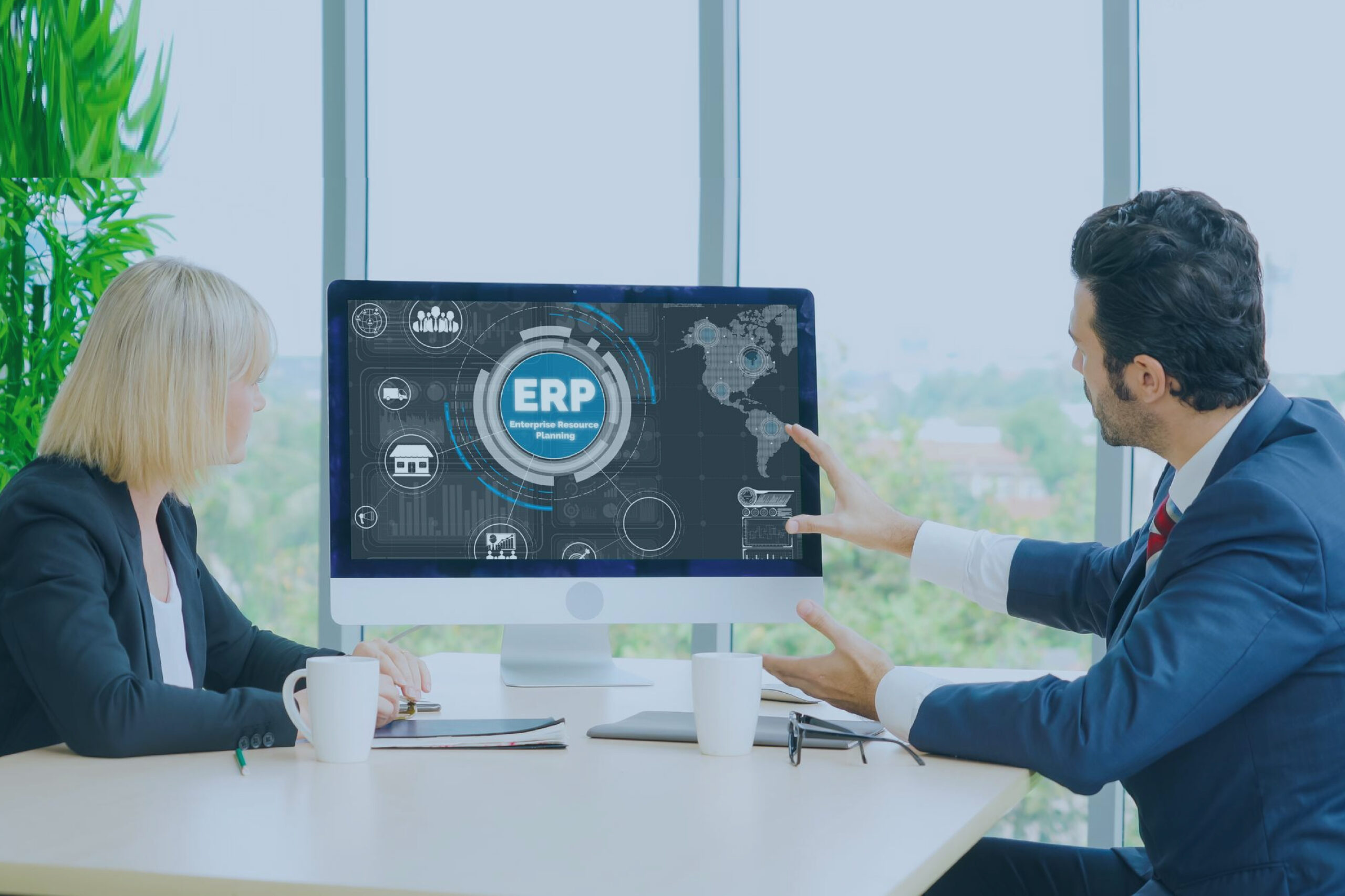ERP for Textile Retailers managing inventory and sales safely is an essential job for any textile industry. The textile industry has seasonal demands, multiple variations of products, and complexities in the supply chain that give it some unique challenges. To stay ahead in all competitive acts, textile retailers need to have a high-level solution that would help them streamline their operations.
An ERP system helps in handling all inventory, sales, purchases, and financial records from one centralized interface. The system makes operations more efficient, reduces errors, and offers up-to-date insights on figures within the time frame. This article elaborates on how ERP for Textile Retailers could ease inventory and sales management and thus help carry most of the business processes on the right wing.
Importance of Inventory and Sales Management
The most significant component of each business is effective inventory and sales management. It ensures the proper assortment of goods at the right time for every retailer to avoid running out of products or accumulating surplus stocks. Proper management reduces losses and optimizes cash flow, making it advantageous for businesses and their customers.
The common ones among the challenges of textile retailers are:
- Managing a vast range of products, including different colors, sizes, and fabrics.
- Handling seasonal and fluctuating demand.
- Tracking stock levels in multiple locations.
- Preventing stock discrepancies and theft.
- Streamlining the sales process for better customer experience.
An ERP system is the perfect solution to address these challenges and optimize business operations.
How ERP for Textile Retailers Can Streamline Inventory Management?
ERP for Textile Retailers is a full-fledged inventory management solution for businesses enabling them to maintain accurate inventory stock levels and improve operational efficiency. Here is what the ERP does:
- Real-Time Inventory Tracking: ERP allows the textile retail sector to track inventories in real time. Be it numerous warehouses or a single retail shop, the ERP keeps track of stock movement and records discrepancies. Thus it ensures that proper stock levels are maintained.
- Automated Stock Replenishment: Stockouts create lost sales and unhappy customers. An ERP system creates automated stock replenishment by analyzing sales data, forecasting future demands, and triggering alerts when a stock falls below the safety level, helping retailers replenish timely.
- Product Categorization and SKU Management: Textile retailers handle many products, such as varying sizes, colors, and designs. An ERP system allows convenient categorizing of goods through Stock Keeping Units (SKUs) for seamless and systematic inventory management.
- Warehouse Management: ERP software guides stock distribution and inter-location transfers from the main warehouse to the other locations of assorted warehouses. It optimizes warehouse space and assures stock availability where it is needed most.
- Batch and Lot Tracking: Certain textile goods have batch numbers and expiry dates among their features. The ERP ensures tracking of all these details for control and to ascertain compliance with industry standards.
How ERP for Textile Retailers Improves Sales Management?
Sales management is arguably another critical factor affecting the success of a business in textile retail. An ERP for textile retailers eases sales procedures, making them more effective and customer-oriented.

- Centralized Sales Data: An ERP system integrates sales data emanating from different sales channels like online stores, retail shops, and wholesale orders. This gives a retailer a clear view of overall sales performance.
- Seamless Point of Sale (POS) Integration: Modern ERP solutions integrate with POS systems so billing and transaction processes are now smooth. It synchronizes data in real time so that every pricing and inventory update is precise and indisputable.
- Customer Relationship Management (CRM): Knowledge of customers’ preferences is vital in helping increase sales. An ERP system should have CRM features using which customer purchase history is stored, consequently aiding retailers in providing customized discounts and promotions.
- Sales Forecasting: An ERP system evaluates past sales trends to project future demand. This factor assists in planning purchase and marketing strategies to maximize revenue.
- Multi-Channel Sales Support: As eCommerce has gained considerable recognition in retail, thus ERP software helps textile retail merchants to sell across multiple channels. It integrates with online marketplaces, social media stores, and physical retail locations.
Key Benefits of Using ERP for Textile Retailers
Implementing an ERP for Textile Retailers brings many benefits, including:
- Improved Efficiency: Automation simplifies tasks that can keep one busy and take a lot of time and effort.
- Cost Savings: Wasting less and managing the money better for optimized inventory and sales processes.
- Better Decision-Making: Supports real-time data and analytics through which a retailer can make proper business decisions.
- Improved Customer Satisfaction: It means better customer service with faster order processing and more accurate stock levels.
- Regulatory Compliance: The ERP systems have become compliant with all tax and regulatory requirements.
Choosing the Right ERP for Your Textile Business
The choice of the best ERP system will depend on the size of your company, the specific situation for which it is needed, and cost requirements. The following suggestions are to be regarded:
- Customization: An ERP must allow for customization based on your business model.
- Scalability: The software should be able to grow with your organization.
- User-Friendly: An easy interface would allow the company’s employees to use it properly.
- Cloud-Based vs. On-Premise: Cloud-based ERP systems provide means for remote access and flexibility, while an on-premise ERP solution gives you complete control over data security.
- Integration Capabilities: Confirm that the ERP integrates with existing tools such as POS, eCommerce platforms, and accounting software.
How Prismatic ERP Manages Your Inventory and Sales with Ease?
Prismatic ERP is a powerful solution that optimizes inventory and sales handling. With advanced functionalities, Prismatic ERP eases stock tracking, order cutoff, and real-time analytics. Retailers can easily handle multiple product variations, and stock-reconcile discrepancies, and bolster supply chain operations. The integrated selling module means smooth POS transactions, customer relationship management, and sales forecasting all in a bid to make more money. This helps textile retailers gain efficiency, reduce operational costs, and maximize customer satisfaction on a centralized simple-to-use platform.

